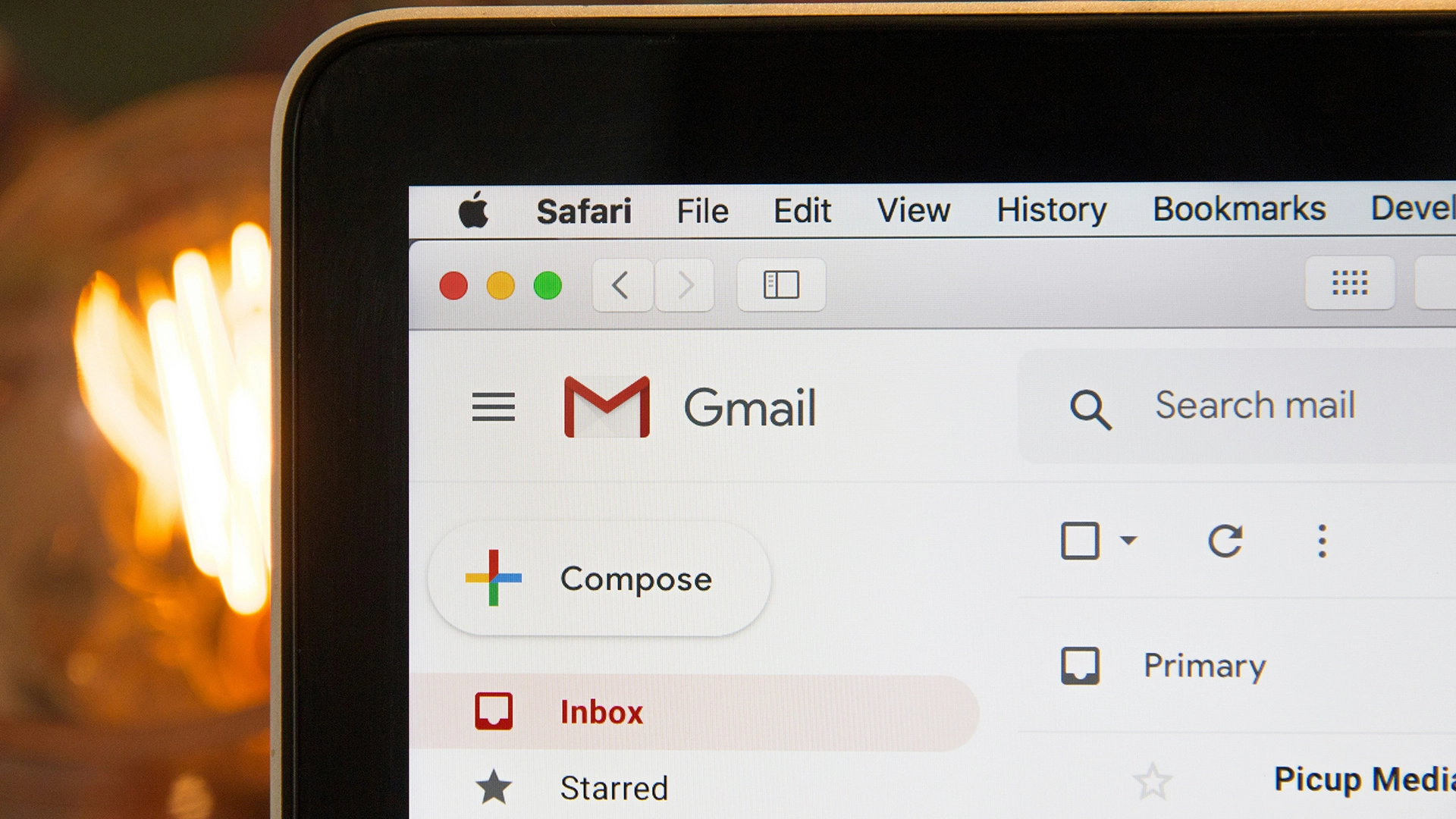
Photo by Stephen Phillips - Hostreviews.co.uk on Unsplash
Google Says Claims Of Gmail Vulnerability Are False
Google issued a special document on Monday to reassure Gmail users that the platform’s protections remain strong and fully operational. The company denied recent allegations of vulnerabilities in its security system.
In a rush? Here are the quick facts:
- Google issued a document on Monday denying vulnerability allegations.
- The company reassured Gmail users that the platform’s protections remain strong.
- It did not specify which claims or provide further details about the allegations.
According to the post shared on The Keyword, Google stated that recent claims of a broad warning were false, but it did not specify which claims or provide further details about the allegations.
“Several inaccurate claims surfaced recently that incorrectly stated that we issued a broad warning to all Gmail users about a major Gmail security issue,” states the document. “This is entirely false.”
The tech giant emphasized that Gmail’s safety measures are functioning properly and that it takes security seriously. Google highlights that while phishing attacks remain constant, its protection systems block around 99.9% malware and phishing attempts.
“Security is such an important item for all companies, all customers, all users — we take this work incredibly seriously,” added the company. “Our teams invest heavily, innovate constantly, and communicate clearly about the risks and protections we have in place. It’s crucial that conversation in this space is accurate and factual.”
Google also recommends that users adopt Passkeys—it’s public-key cryptography–based authentication method—as a safe password alternative, and follow its best practice guidelines, including how to identify and report phishing emails, to further reduce risk.
According to Engadget, the “unusual statement” may be linked to an “emergency warning” allegedly issued after a recent Salesforce breach. Last week, Google’s Threat Intelligence Group and Salesloft reported an attack in which hackers stole data using stolen OAuth and refresh tokens from the Drift application.
Separately, a few days ago, a Gmail phishing attack was also reported. Malicious actors sent emails with a “New Voice Notification” alert that appeared to come from trusted voicemail services, directing victims to a fake Gmail login page designed to steal user credentials.


 Previous Story
Previous Story

 Latest articles
Latest articles 